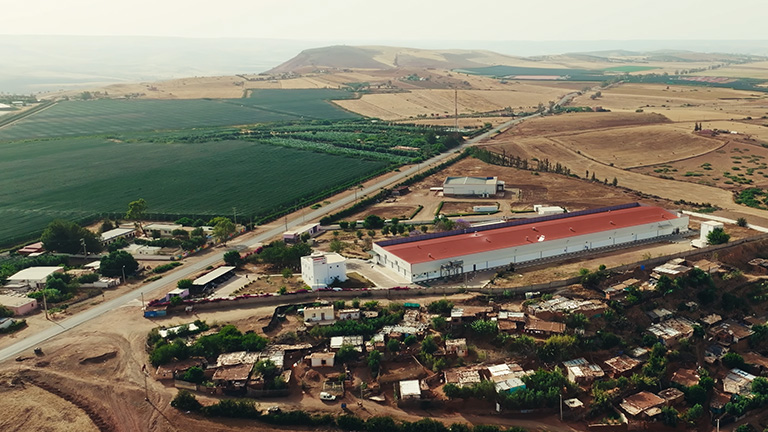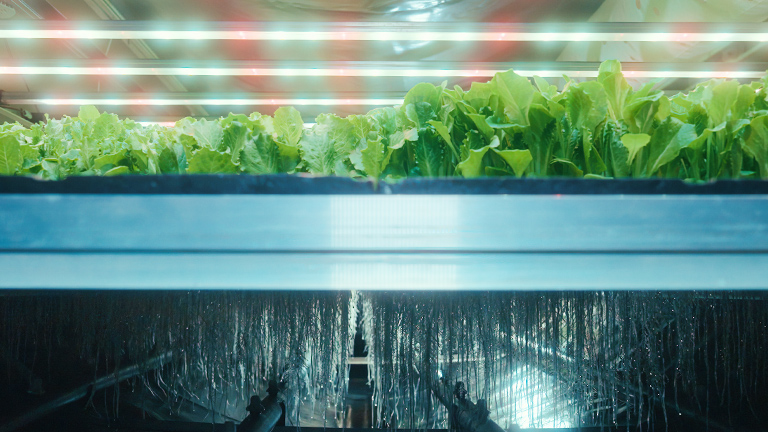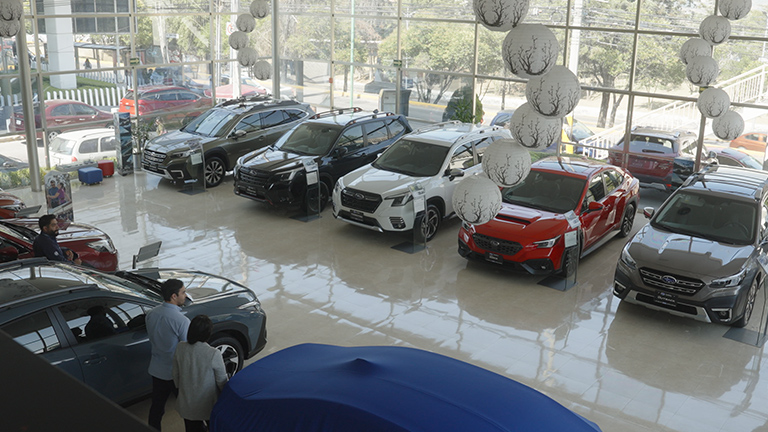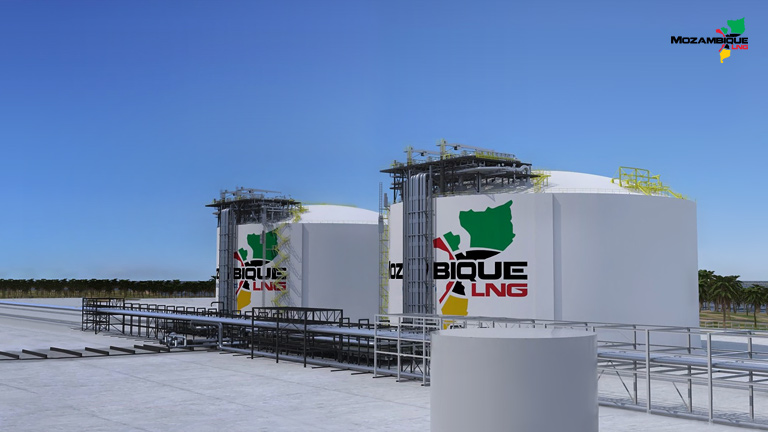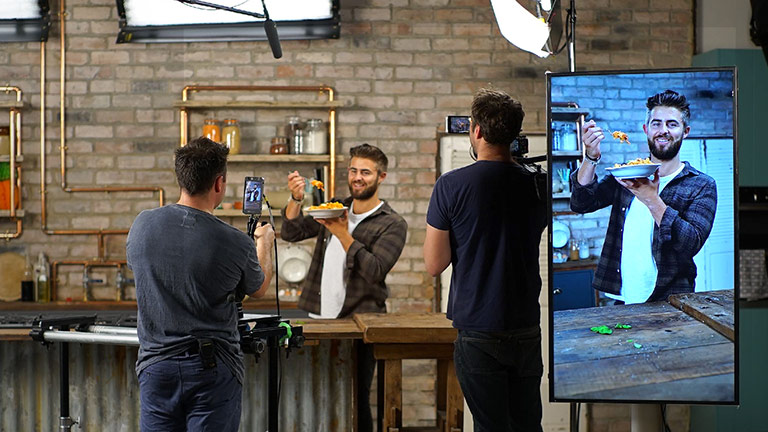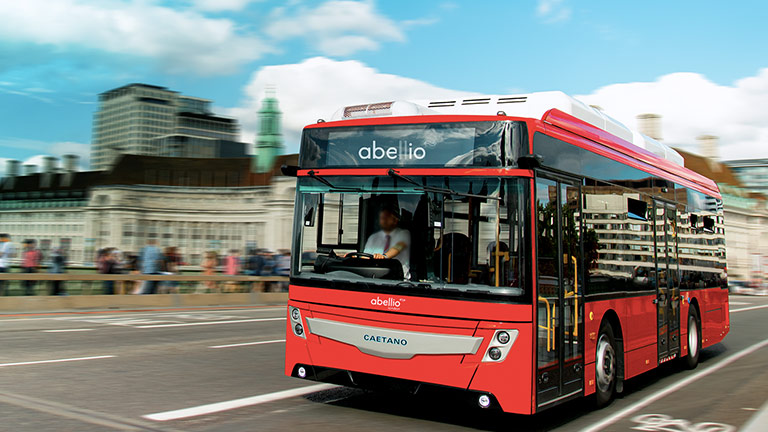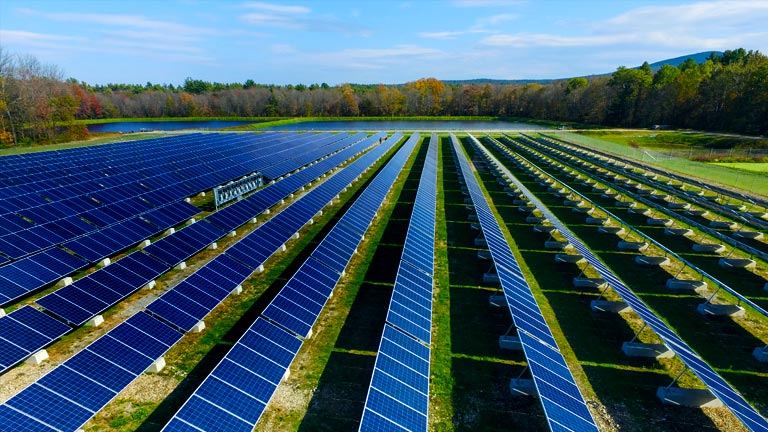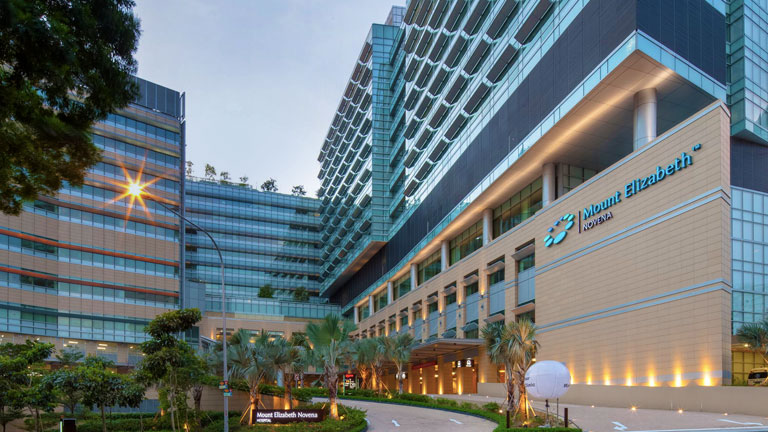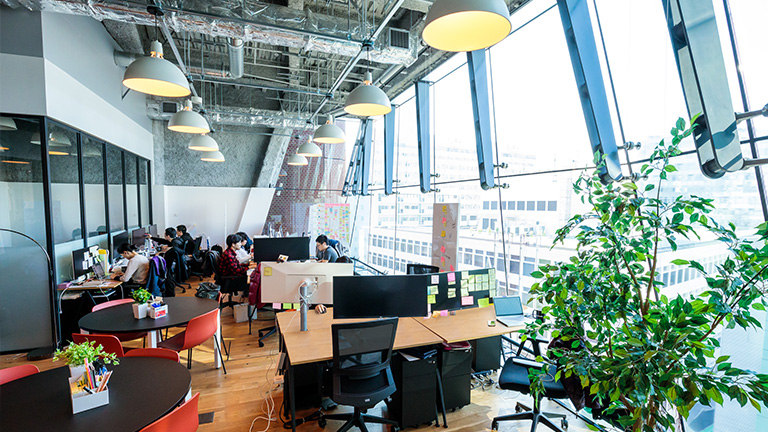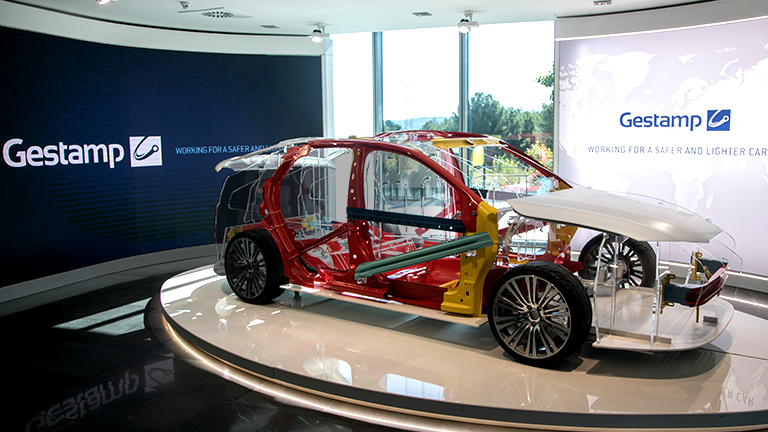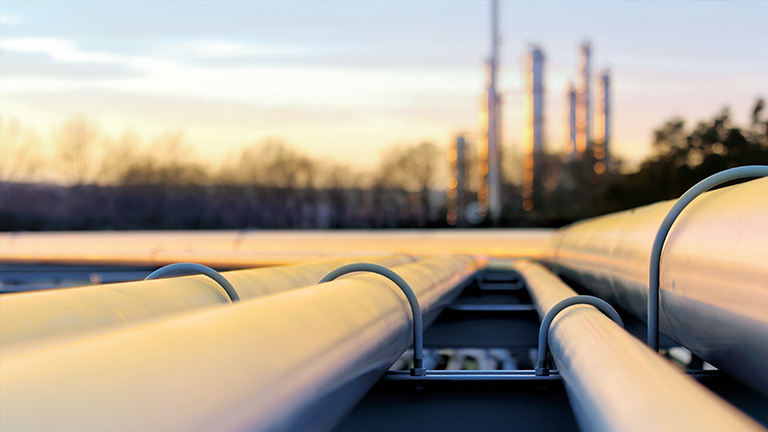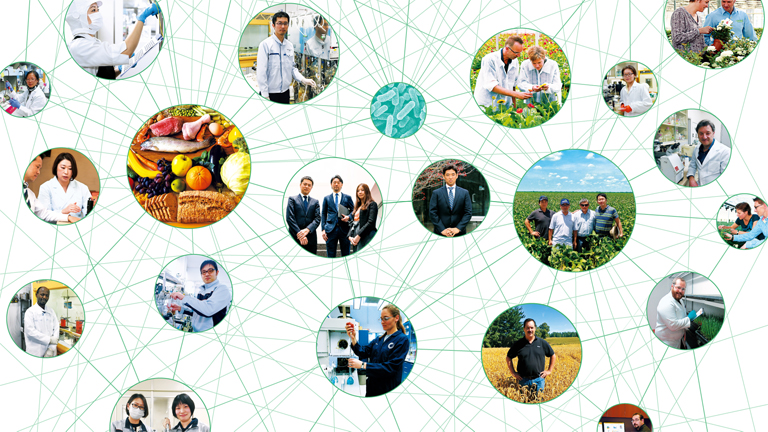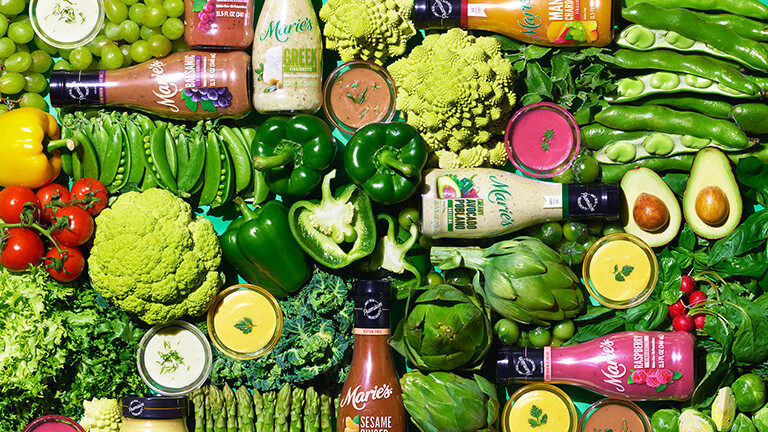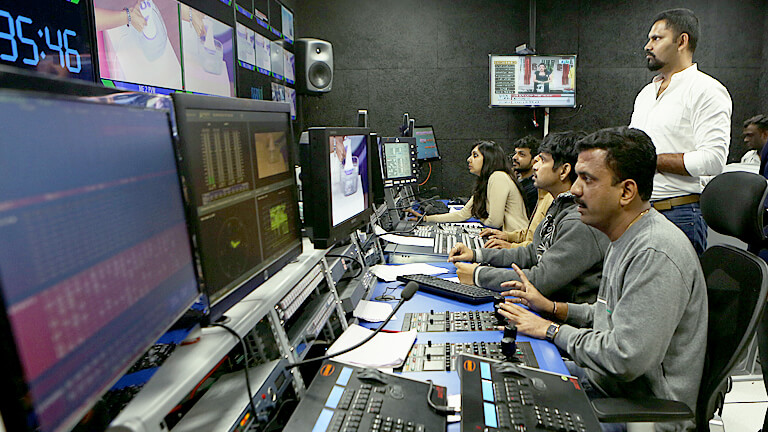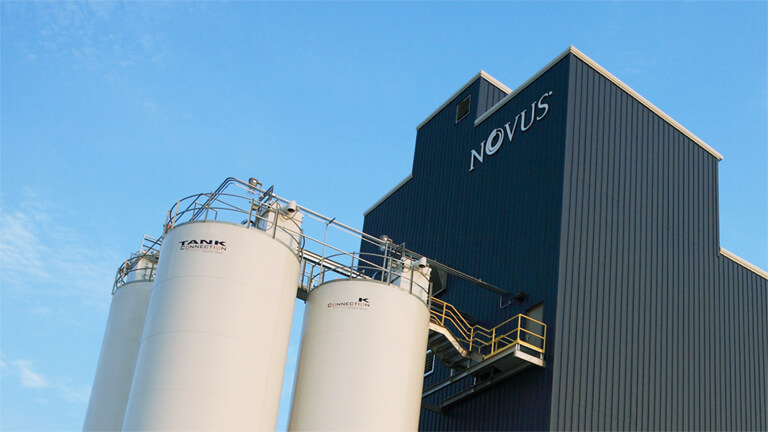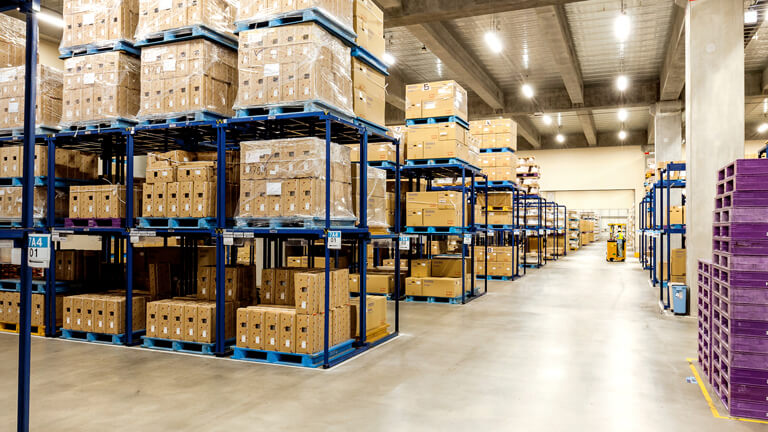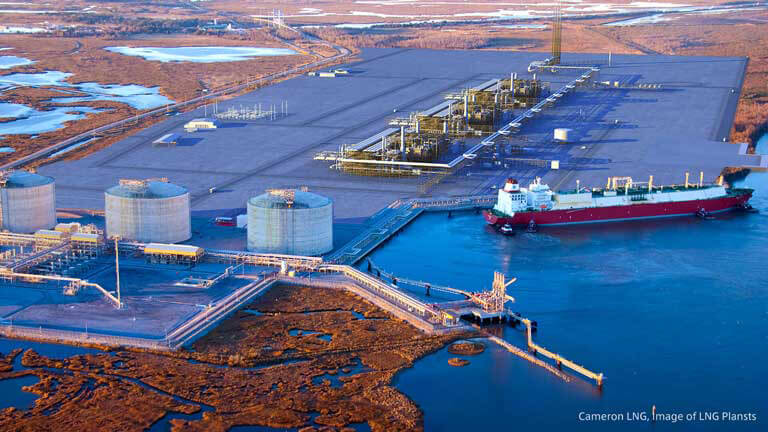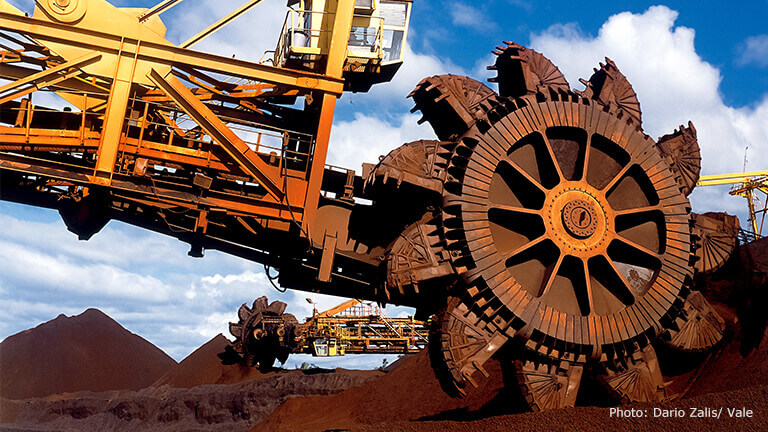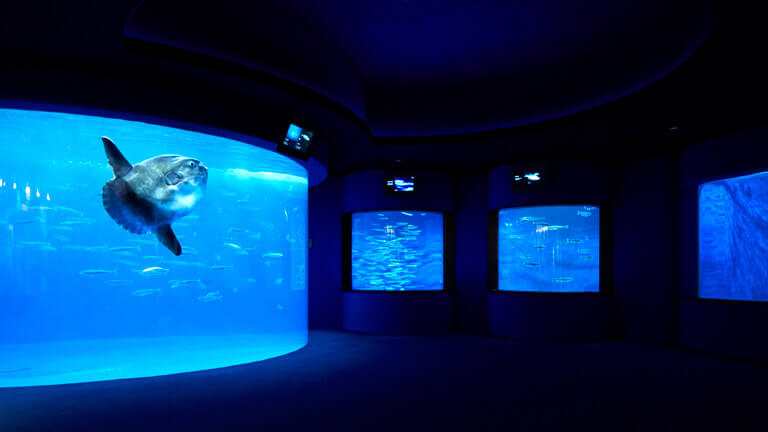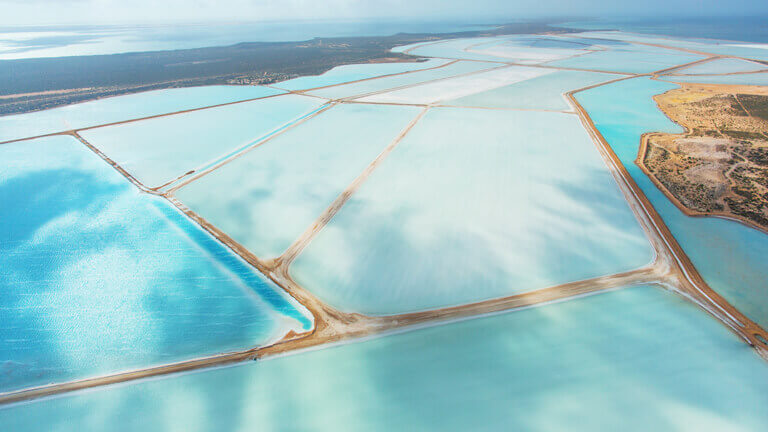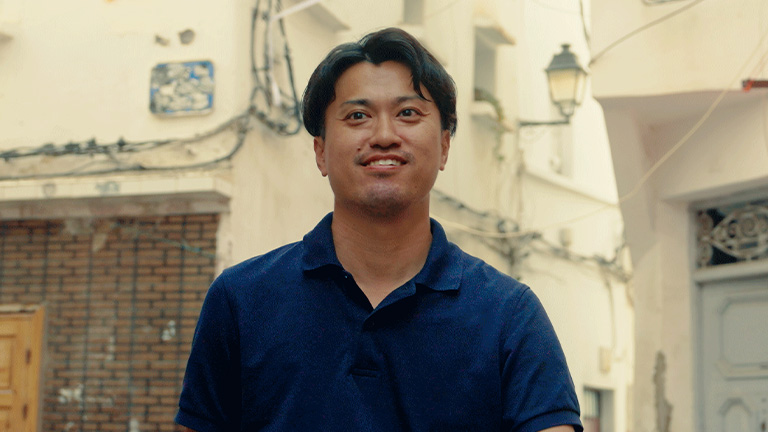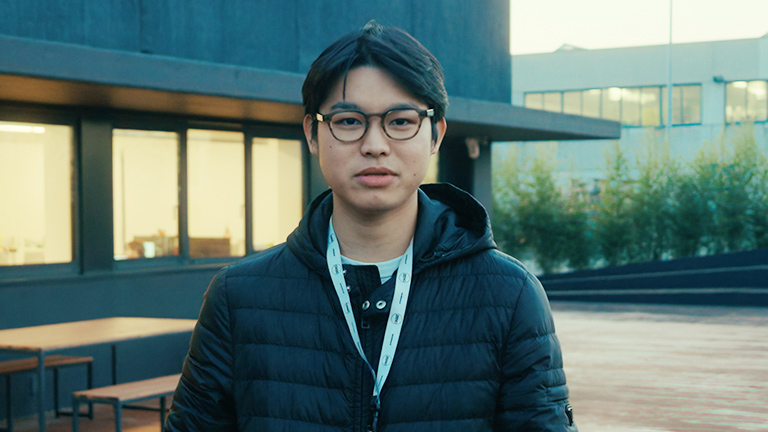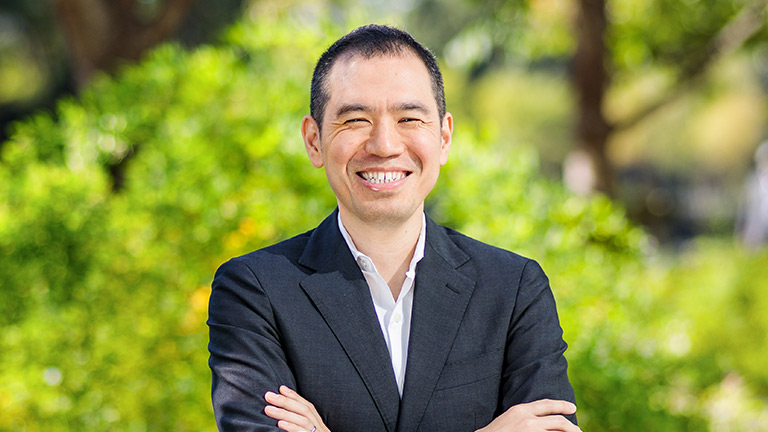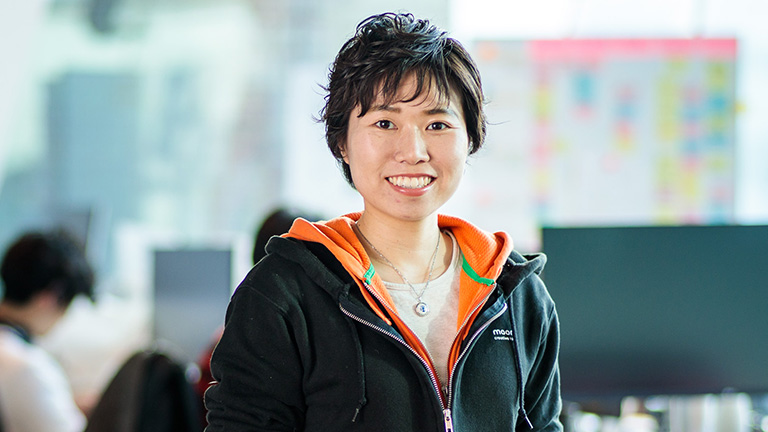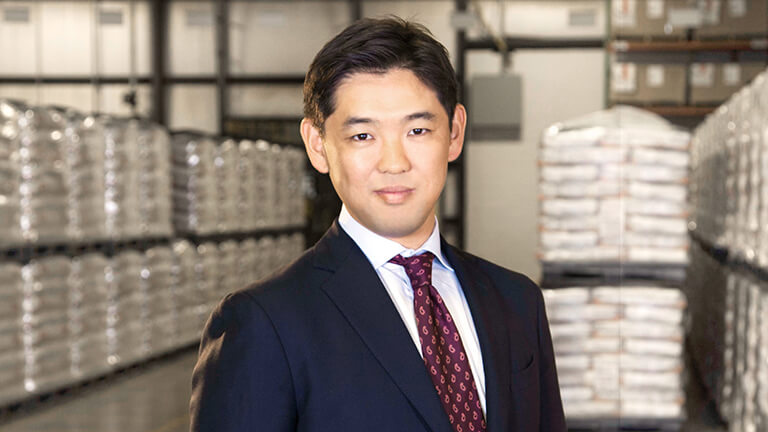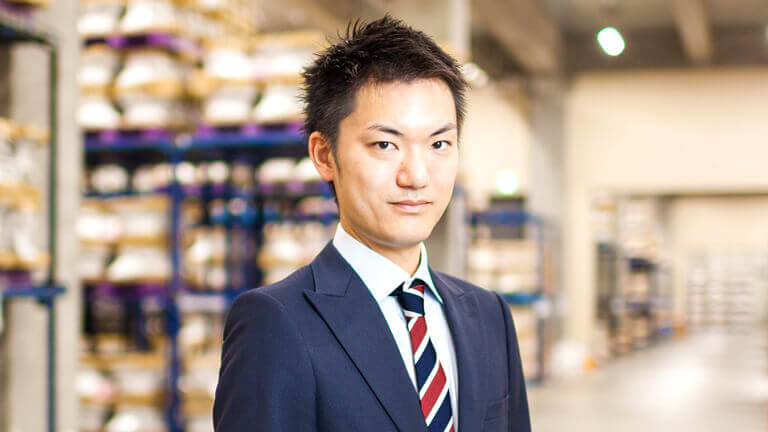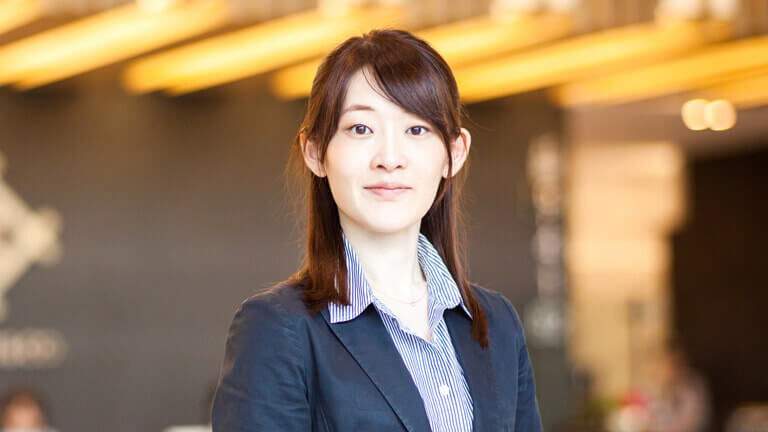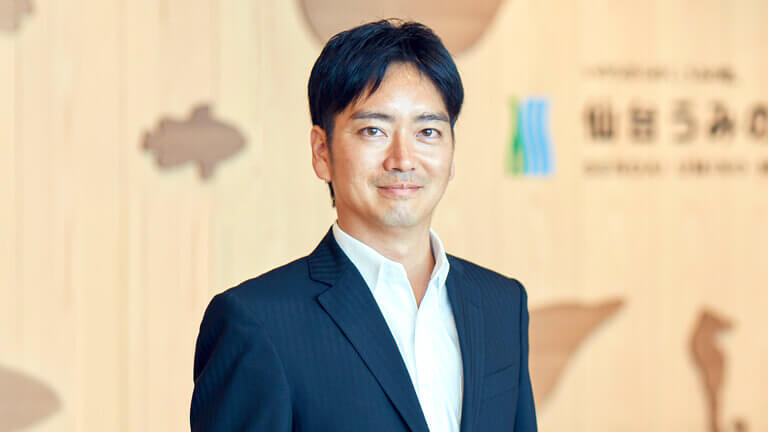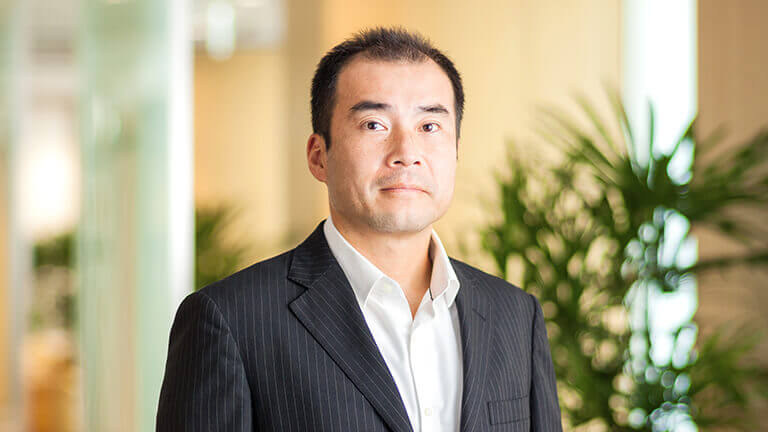
Business Innovation
Leading a Second Green Revolution in Saudi Arabia
Saudi Arabia is keen to diversify its economy away from hydrocarbons and build greater food self-sufficiency. Mitsui & Co. has teamed up with an Italian agritech startup and a local supermarket chain to supply Saudi consumers with fresher vegetables—and explore the production of higher value-added products down the line.

Conventional farming is facing threats on many fronts, from volatile weather caused by climate change to government regulation of the use of chemical pesticides and fertilizers. But the biggest challenge of all is one of simple supply and demand. With ever less arable land available, how can the farming industry produce enough to feed a global population that's expected to jump by a quarter, to 9.8 billion people, by 2050 ?
Back in 1999, Dickson Despommier, an American professor of Public and Environmental Health, came up with one possible solution to the crisis: the vertical farm. In vertical farms, crops are grown in vertically stacked layers in precision-controlled enclosed environments that can be located anywhere, from bustling city centers to scorching deserts.
And here's the paradox. Even though vertical farms sever the age-old link between farming and the natural landscape, they are by many measures more sustainable than traditional agriculture. Just take a look at the sustainability score card. Conventional agriculture accounts for 70 percent of all water use, causes around 80 percent of ocean and freshwater pollution through nutrient runoff, and is land hungry, leading to deforestation and biodiversity loss. By contrast, vertical farms use 95 percent less water than open-field farms, produce no pollution and are highly space efficient.
And the benefits of vertical farms don't stop there. Precision control means standardized quality. LED lighting means accelerated growing times. Meanwhile, proximity to the consumer means shorter transport distances for greater freshness, reduced food loss and lower greenhouse gas emissions.
Two dimensions of sustainability

But that begs a question: If vertical farms have so much going for them, why does the sector, even if growing at a double-digit rate, currently account for only a measly 0.1% of global farm output (around $5 billion out of $5 trillion in 2023 figures)? Putting aside the newness of the technology, the main reason is money. As permanent structures, vertical farms cost more to construct than plastic greenhouses, while their interiors are jampacked with high-tech hardware and software. The result? Vertical farms are four times more expensive than even the most sophisticated greenhouse.
The challenge of making this ecologically sustainable technology also financially sustainable was one that Mitsui & Co.'s Nutrition & Agriculture business unit—a major player in agricultural inputs such as seeds, fertilizers and animal feed-additives with a strong focus on agri-innovation—was keen to tackle. Convinced that the perfect combination of location, business model and technology could make the vertical farm concept economically viable, Mitsui set up an exploratory task force in early 2020.
The vertical farm recipe
In July 2021, after a little more than a year of market studies, the task force had its business plan ready. Choosing the location was relatively straightforward. Vertical farming is booming in the Gulf Arab states due to the region's high level of reliance on food imports (up to 97% in one case !), coupled with access to some of the world's cheapest electricity. Ultimately, Mitsui settled on Saudi Arabia.

Saudi Arabia is 95% desert, imports around 80% of its food, and sits on top of the world's most overstressed aquifer. In Vision 2030, the 2016 national plan to transform the economy and society, the Saudi government listed promoting “optimal use of water resources” and “building safe and strategic food reserves” as goals .
With a large, prosperous population of 37 million people, Saudi Arabia is also the top importer of fresh produce in the Middle East. Given the high cost of these imported vegetables relative to their quality, Mitsui saw an opportunity to make market inroads with cost-competitive, high-quality vegetables sourced from a local vertical farm.
ZERO's infinite possibilities
Finding a technology partner was more difficult than selecting a country. A boom in VC funding has led to a surge in the number of vertical farm companies, meaning there were many candidates to sift through. It was only after reviewing 60 companies in the United States and Europe, that Mitsui discovered a suitable technology partner in the shape of ZERO.
Founded in 2018, ZERO is an Italian vertical-farm start-up based in Pordenone, northeast of Venice. Four factors made it attractive to Mitsui: quality of leadership, technological expertise, growing methodology and a commitment to pursuing new applications.
Let's start with leadership. The combination of a CEO with a PhD in microbiology and a track record in the software industry with a hardware engineer for the CTO gives ZERO's leadership team a deep understanding of the nuts-and-bolts of the nascent industry. Proprietary systems are ZERO's second strength. Many other vertical farm companies integrate existing systems, something that leads to complexity, functional overlap and high costs. In ZERO's case, everything is custom built. And that doesn't just cover hardware like the lighting, the fertigation and the HVAC (heating, ventilation and air conditioning) systems; ZERO even wrote every line of code for the operating software and AI system in-house! The result is a cost-effective proprietary platform that is also scalable .
ZERO's third attraction was its growing methodology. While many vertical farms use hydroponics (i.e., growing plants in trays of nutrient-rich water), ZERO uses aeroponics, suspending the plants' roots in the air and irrigating them with a nutrient-rich mist. Aeroponics significantly reduces risk of virus contamination, eliminates the need to wash the vegetables with aggressive, flavor-damaging chemicals and, because mist weighs nothing, allows for farm buildings with shallower, and thus less expensive, foundations than other growing media demand.
ZERO's fourth strength—a long-term commitment to move into higher value-added areas—dovetails perfectly with Mitsui's own “Create, Grow, Extend” business model. (“Create, Grow, Extend” refers to setting up an innovative business, growing the core business and then advancing into related areas .) As the private-sector partner of the Ca'Foscari University of Venice's Future Farming Initiative, a research center committed to exploring “future farming” applications including biomaterials, wellness and biopharmaceuticals, ZERO has its sights set on goals of far greater sophistication and higher added value than leafy greens.
Another area where Mitsui and ZERO were in agreement was in how the farm's produce should be sold. Although some vertical farms sell their produce under their own brand, clearly the best way to achieve scale at speed is to team up with a retailer which has a strong brand and sales channels already in place. Tamimi Markets, a pioneering Saudi supermarket company with a focus on fresh foods that has expanded from 15 to over 100 stores since 2012, had exactly the dynamism and values Mitsui was looking for.
Building a farm—and the future

With all the moving parts safely in place, Mitsui, ZERO and Tamimi Markets established Green Dunes, a joint venture company in which they each had a 33.3% stake, in April 2022. They quickly found a location for the farm in the Al-Kharji district, just 60 minutes' drive southeast of Riyadh and its nearly 8 million consumers, and started building the factory using materials imported from Italy.
Test operation got underway in February 2024 after the completion of construction in December of the previous year. Shipments of leafy greens such as baby leaves, leaf lettuce and herbs grown in a 3,500-square-meter area begins in the second quarter of 2024. The targeted annual output is 100 tons of leafy greens and 50 tons of strawberries.
Longer term, Green Dunes is looking not just to add more farms sites but to move up the value chain into a range of high value-added products, from enhanced animal feedstock, such as grasses that minimize livestock's production of environmentally harmful methane gas, to biologics for antibodies and vaccines. Indeed, so committed is Mitsui to the greater mission that it invested in ZERO, underwriting an investment round to help fund the company's technological development and international growth in February 2023.
In “Creating Sustainable Futures,” Mitsui's latest medium-term management plan, the company laid out its plans to create innovative new businesses that can provide sustainable solutions to humanity's greatest challenges. A joint project of the Nutrition & Agriculture and the Infrastructure Projects business units, the Saudi vertical farming venture is a textbook case of different parts of Mitsui collaborating across the matrix to help feed the world while achieving precisely such sustainable goals.
Posted in May 2024

